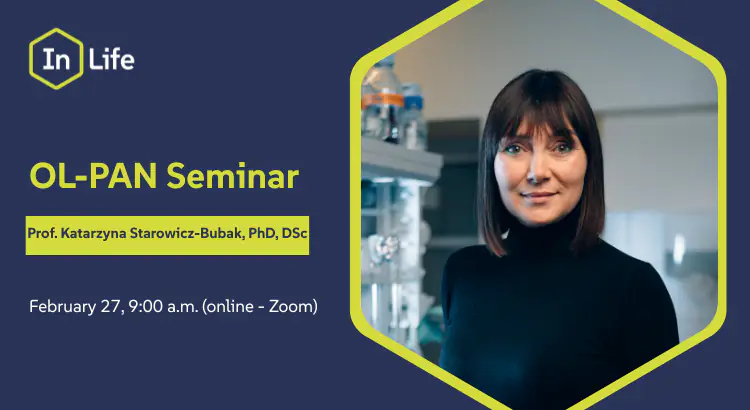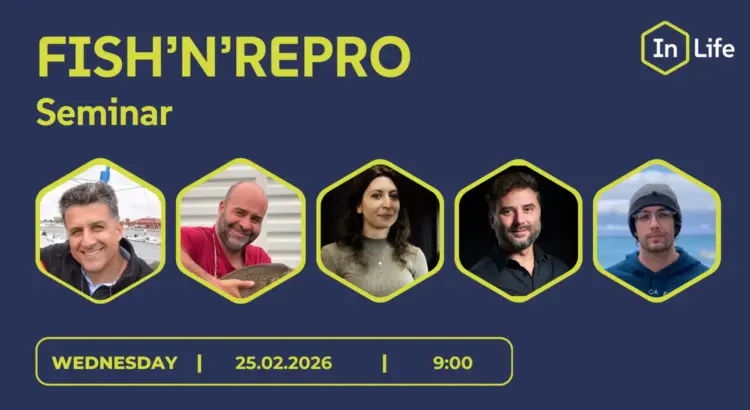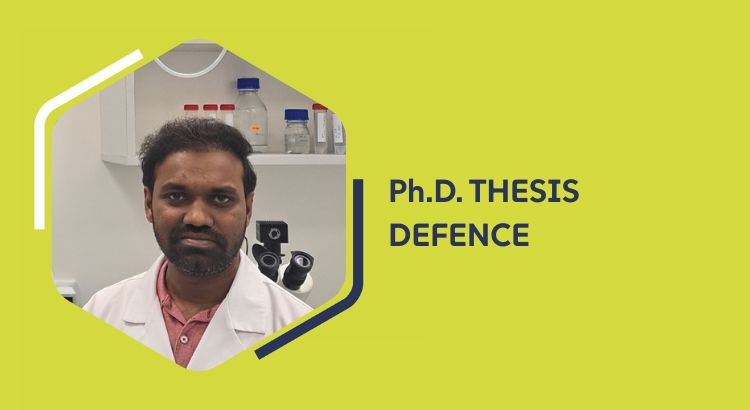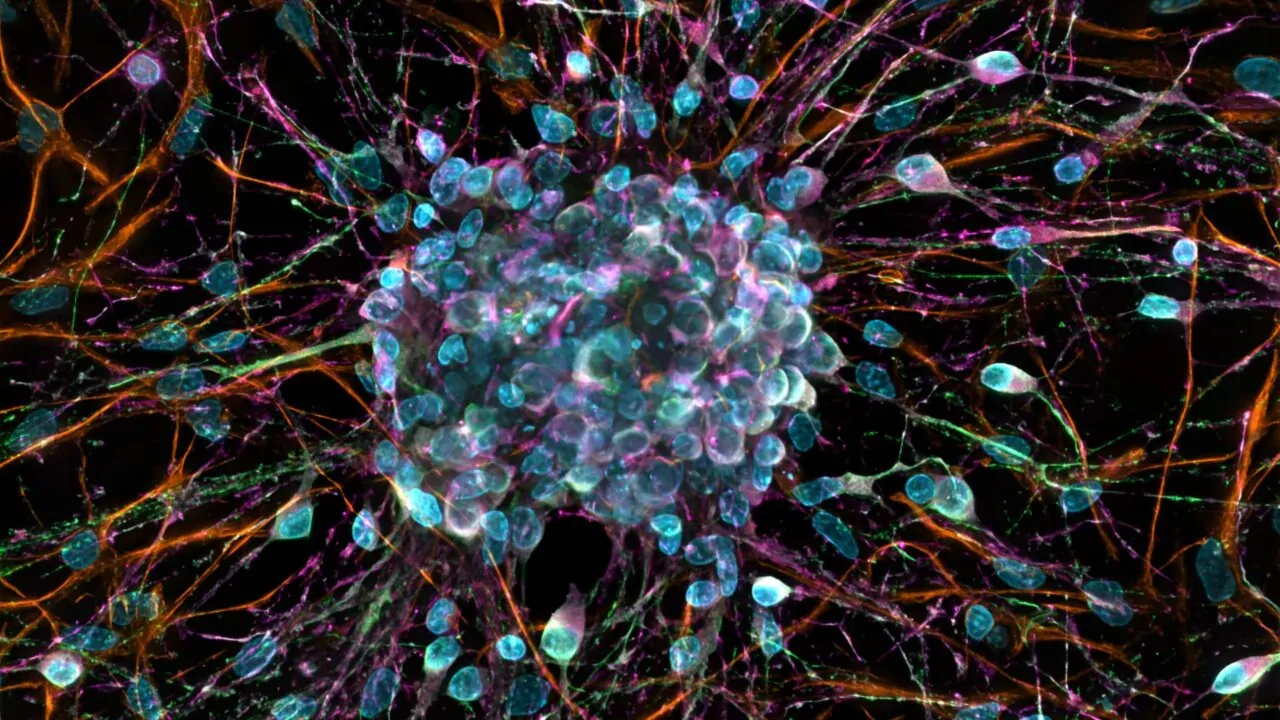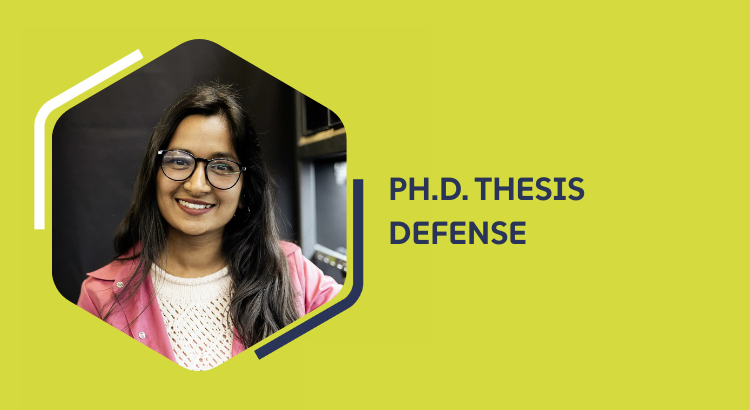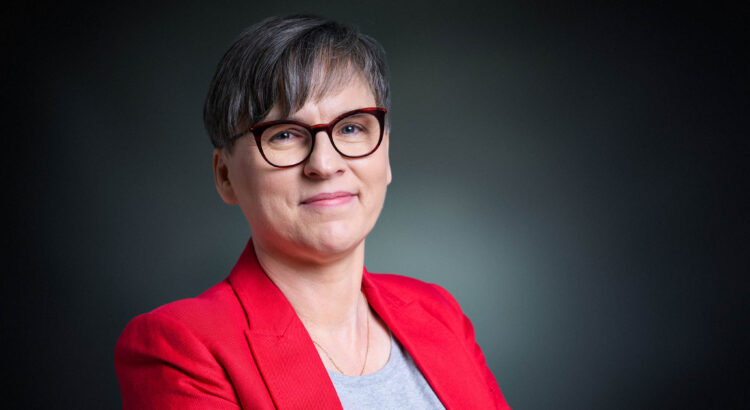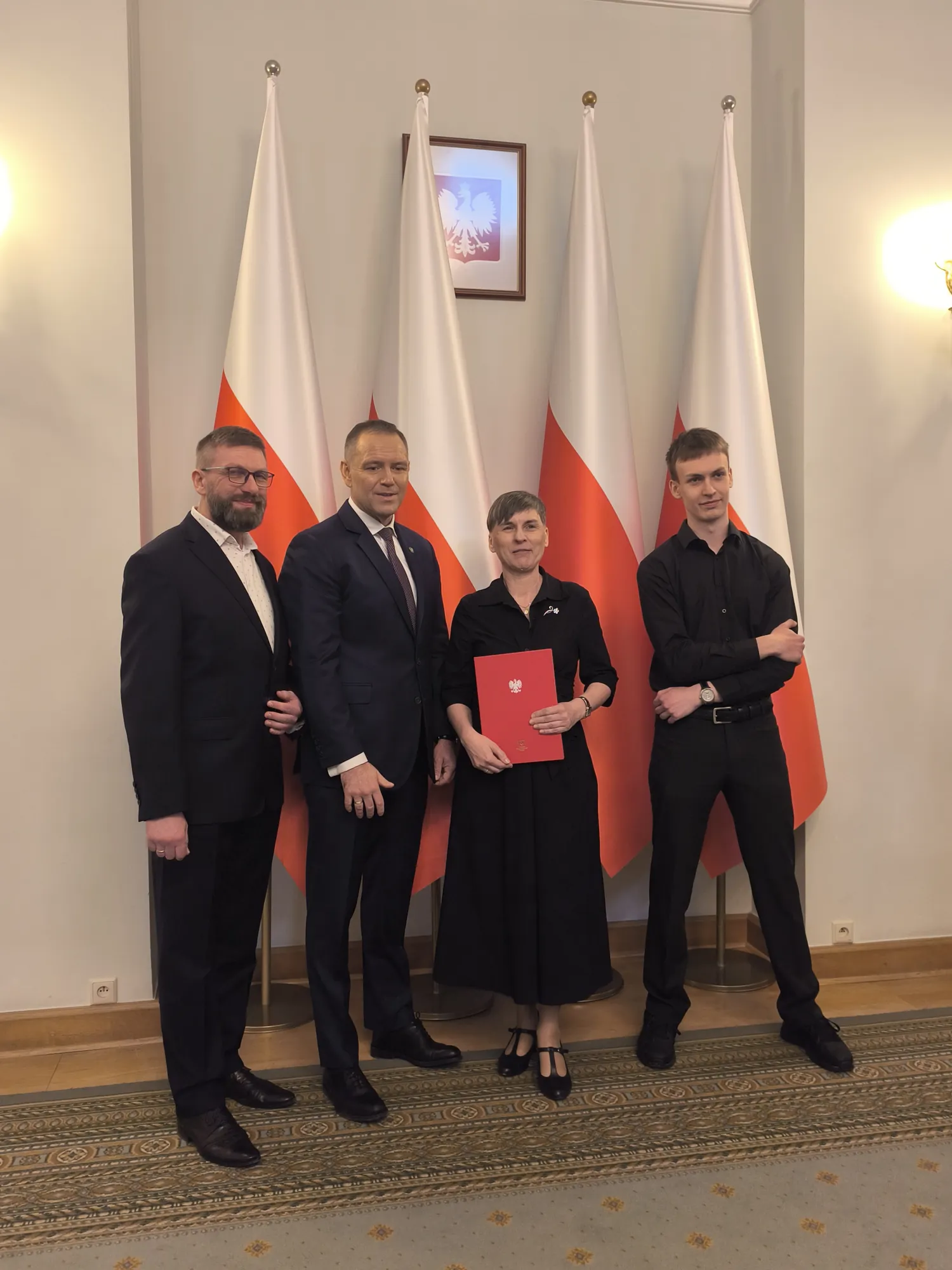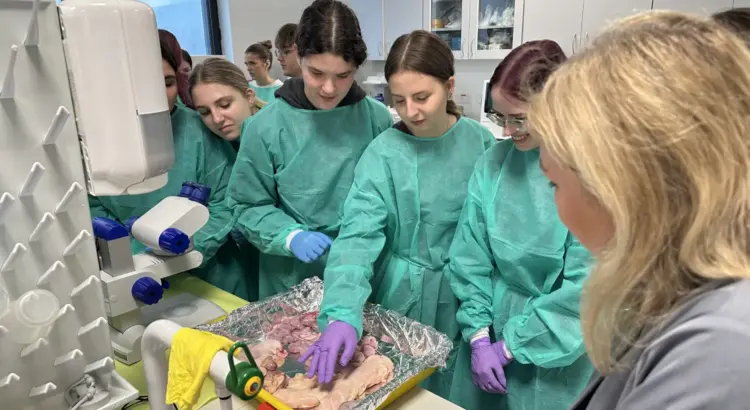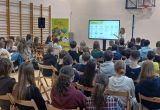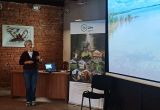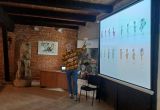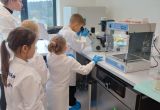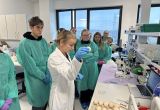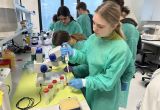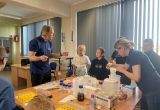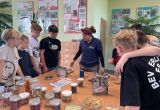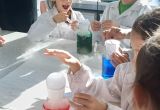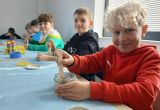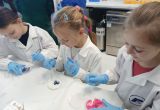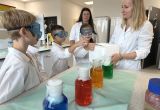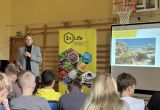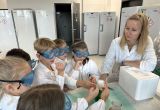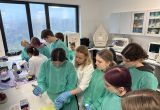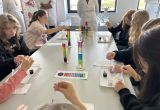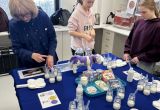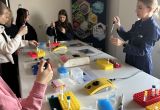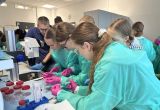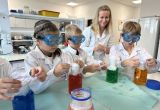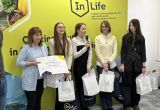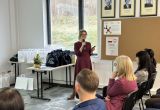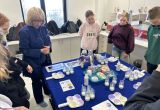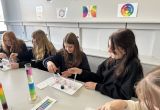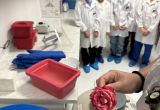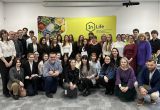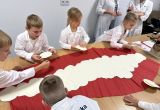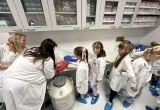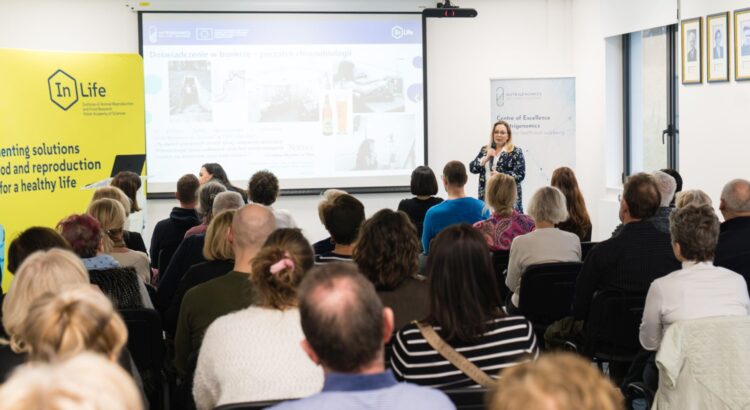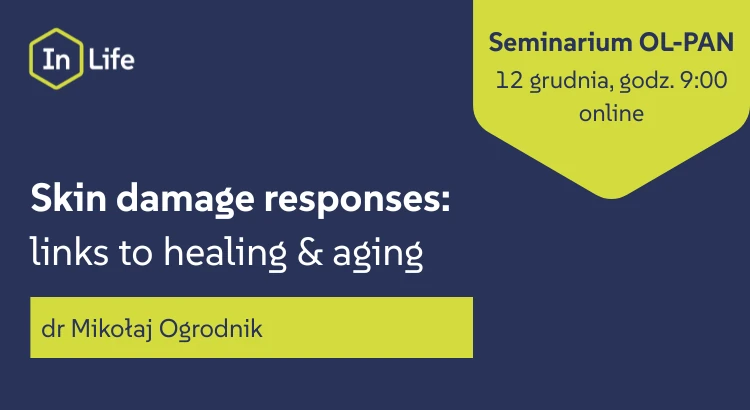Chronic pain is not merely a prolonged warning signal from the body. It is a complex neurobiological process involving persistent alterations in nervous system function, modulation of inflammatory responses, and reorganization of stimulus-processing mechanisms. Understanding these processes remains one of the major challenges of contemporary neuropharmacology.
On 27 February 2026 at 9:00 a.m. (Zoom platform), the OL-PAN seminar will host Professor Katarzyna Starowicz-Bubak, Director of the Maj Institute of Pharmacology of the Polish Academy of Sciences in Kraków. Her lecture, entitled “New Neuropharmacological Perspectives in Chronic Pain Therapy: The Role of the Endocannabinoid System,” will focus on current research directions concerning the mechanisms underlying neuropathic and inflammatory pain, as well as potential therapeutic strategies.
Particular attention will be devoted to the endocannabinoid system—a widespread signaling network present throughout the body. Its receptors are located in the brain, lungs, bones, gastrointestinal tract, skeletal muscles, reproductive system, and in structures of both the central and peripheral nervous systems. This system is considered one of the fundamental physiological systems of the body, playing a key role in maintaining homeostasis, regulating inflammatory responses, and modulating pain signaling.
The OL-PAN seminar provides a platform for scientific exchange, presentation of current research directions, and discussion of the challenges facing contemporary medicine and biomedical sciences. The event is open to all interested participants.
📅 27 February 2026
🕘 9:00 a.m.
💻 Zoom platform
Meeting ID: 936 8526 7349
Access code: 328636
Meeting language: English
About the Speaker
Professor Katarzyna Starowicz, PhD, DSc, is Professor of Medical and Health Sciences and Director of the Maj Institute of Pharmacology, Polish Academy of Sciences, Kraków. She has been affiliated with the Institute since 2007. She obtained her MSc from the Jagiellonian University in Kraków and her PhD in Medical Sciences from Utrecht University, followed by habilitation in 2013 and the award of full professorship in 2021.
Professor Starowicz’s research focuses on the neurochemistry of chronic pain, with particular emphasis on neuropathic and osteoarthritis pain, the endogenous cannabinoid system, TRPV1 receptors, and inflammatory and regenerative mechanisms in joint disease. Following her doctorate, she completed a postdoctoral fellowship at the Institute of Biomolecular Chemistry (CNR), Italy, in the Endocannabinoid Research Group led by Professor Vincenzo Di Marzo.
She is an internationally recognised expert in cannabinoid research and pain pharmacology. Professor Starowicz is a member of the Board of Directors of the International Cannabinoid Research Society (ICRS) and served as its President in 2024–2025. She regularly lectures at international scientific meetings and serves on editorial boards, including the British Journal of Pharmacology. Her distinctions include the National Science Centre Award in Life Sciences (2016), the ICRS Mid-Career Award, and the L’Oréal–UNESCO For Women in Science Award.
